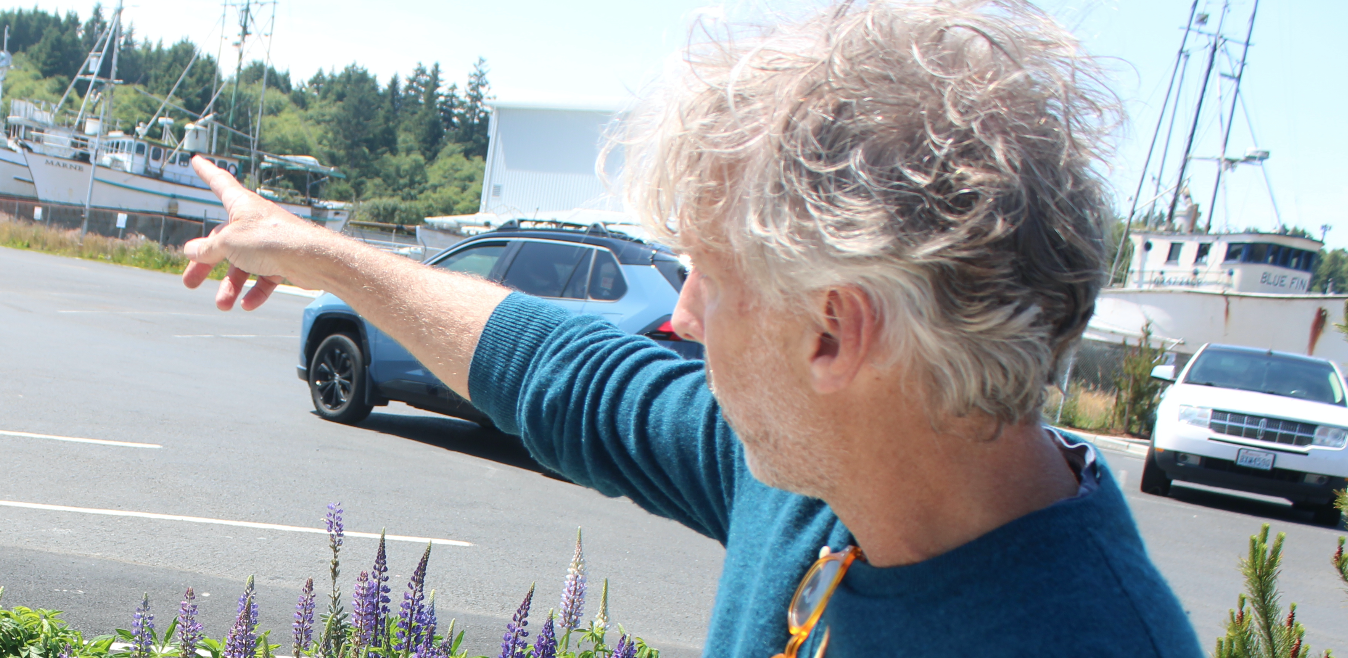Pacific County Law & Order: Making decisions
Published 5:00 pm Tuesday, September 4, 2007
As that great Yankee catcher and philosopher Yogi Berra used to say, “When you come to a fork in the road, take it.”
Some rush it; live for the moment when crucial decisions are called for. Others avoid such situations, or dither about while options diminish. Especially in the public safety arena, all of us involved in front line enforcement must be decision-makers.
Thorough knowledge of the issue is critical. Experience isn’t essential but it can really help with timeliness. Consequential thinking; exploring good and bad results of the proposed decision, then quantifying and selecting options are essential.
The trick to being a successful decision-maker is to balance speed with accuracy and make the right call. I was luckier than most of the recruits that I went through the basic law enforcement academy with. I’d been dealing with high stress decision-making for years.
When I was playing center for the New Orleans Saints I was snapping the ball to Peyton’s Dad, Archie Manning. He loved to call audibles (changing the play he had called in the huddle at the line of scrimmage) to take advantage of a defensive alignment. The center is in charge of making blocking pattern calls at the line of scrimmage. Based on the defensive front (position of linemen and linebackers) there are several ways of blocking every play and I would check the defense and make the call to gain the best blocking angles. With Archie calling the play at the line of scrimmage, it made it even more challenging because the defense would usually shift and I’d have to change the call again right before the snap.
When it worked it was great. When it didn’t, you yelled, “Look out.” That’s right, the famous “look out block.” At least the results of your decisions were immediate and non-life threatening. All that is different now.
Years ago the immediate decisions made on the field were mainly situational. We were “programmed” to react a certain way by countless hours of practice, our knowledge of the game, athleticism and experience. Our patrol officers face similar, but more serious decisions while on their shifts. They too rely on training, knowledge of the law, people skills, experience and professionalism.
As Sheriff, my decision-making is similar to my coaches’ years ago. I try to set all our employees up for success. It’s my job to develop strategic plans to best utilize the resources we have and to procure more to elevate our service level to you.
I rely on our entire command staff for help; Ron Clark (patrol), Stephanie Fritts (E911 and emergency management), Debbie Allison (civil) and Steve Sultemeier (corrections) all bring ideas for improvement that they originated, from our employees or as a result of suggestions directly from you. We’ve set short and long term goals for our office and brainstormed ways to achieve them. Once we determine the goals the fun part starts. I really enjoy the teambuilding necessary to achieve success.
I have the utmost respect for our entire staff. Almost every line officer in communications, corrections or patrol will be in a position to make a critical decision that may dramatically impact their or another’s life. We will not be perfect, but we’ll always strive to be. The stakes are just too high not to make the right call.






